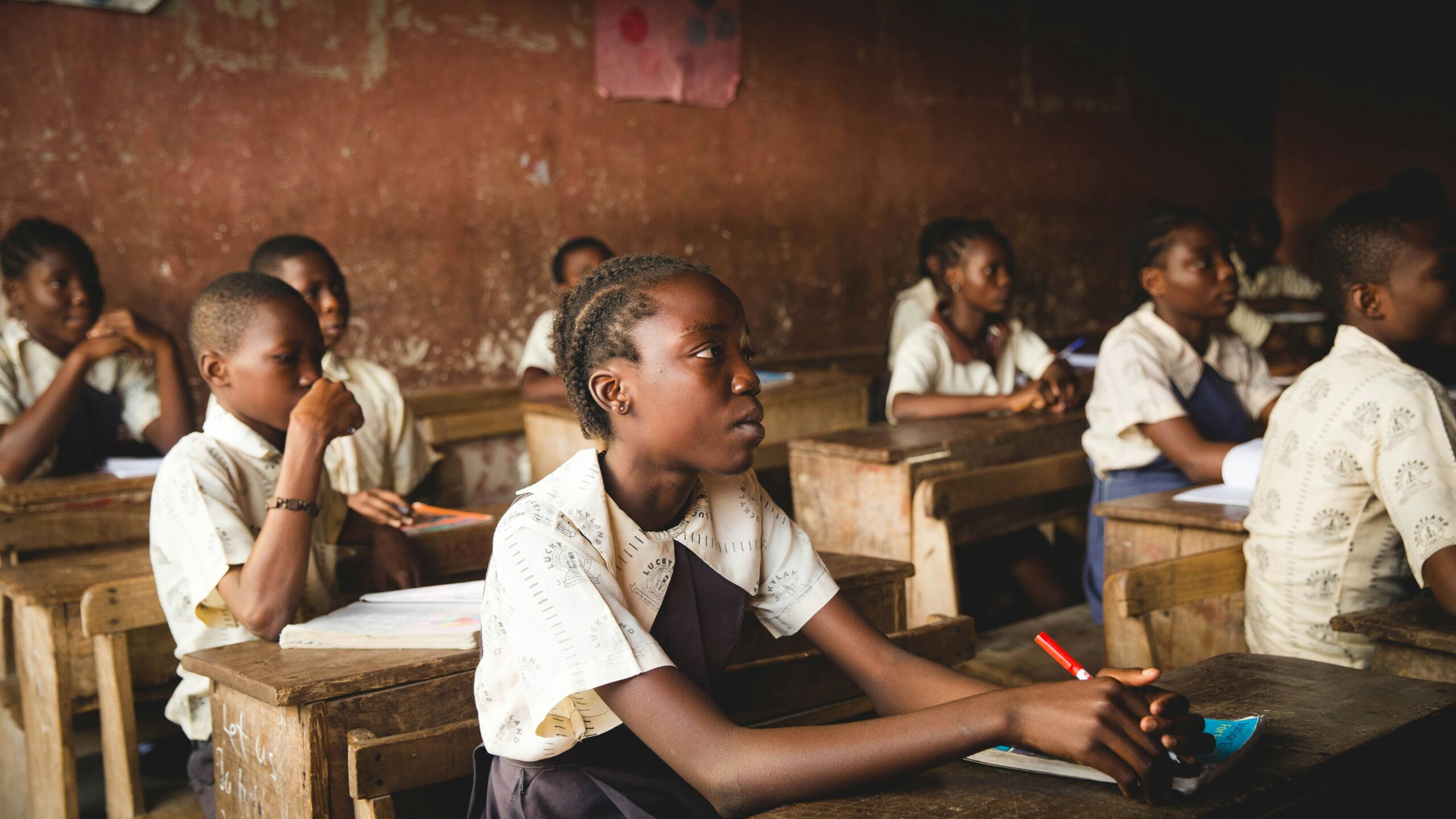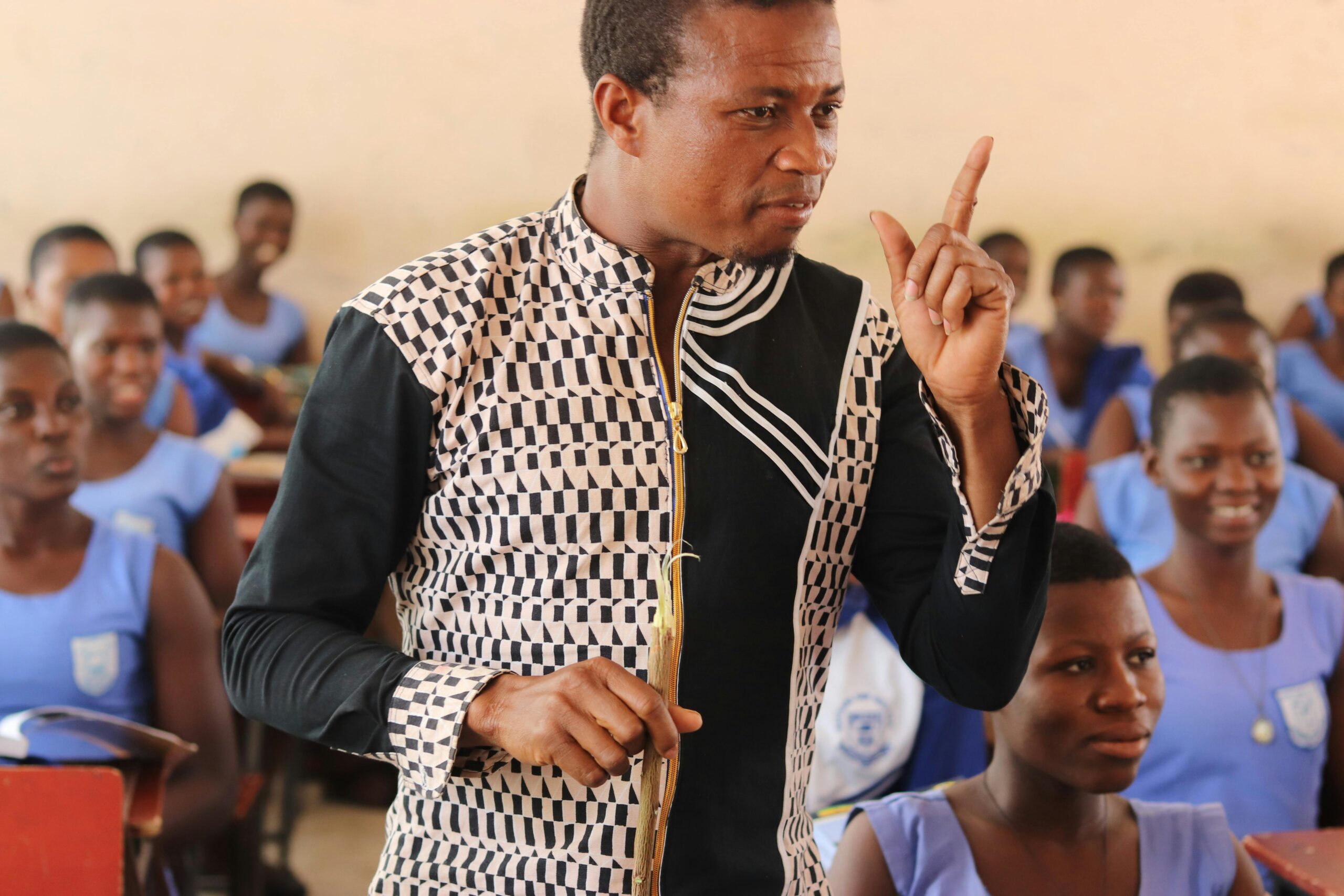According to UNESCO, about 251 million children and youth remain out of school worldwide. Despite progress in some areas, millions of children still do not have access to education. And the reasons are numerous and complex, some of which are:
· Poverty: In struggling families, sending children to school can be unaffordable, with costs for school supplies, uniforms, and fees becoming insurmountable.
· Gender Inequality: In many regions, girls face societal pressures, cultural restrictions, and financial hardship that keep them out of school. Around 118.5 million girls are out of school globally. (UNICEF)
· Geographic Isolation: In remote or rural areas, the nearest school may be hours away, and often there aren’t enough resources to facilitate meaningful learning.
· Conflict and Crisis: UNICEF has expressed alarm at the ongoing attacks on education in conflict zones across Africa, noting that over 9,000 schools in conflict areas in the region have been forced to close. These closures are due to attacks on schools, the use of schools as shelters for armed groups, and insecurity caused by armed conflict. The crisis has left countless children unable to access education, further perpetuating the cycle of violence and instability.
The Life-Changing Power of Education
Education is more than just a right—it’s a force for transformation. Here’s how providing universal education can uplift entire societies:
· Economic Growth: According to the World Bank, every additional year of schooling can increase individual earnings by up to 10%.
· Better Health: Educated mothers are more likely to raise healthier children, and completing secondary school significantly lowers child mortality rates worldwide.
· Empowered Women: Education plays a crucial role in reducing gender-based inequalities. According to a UNICEF report, educating girls can delay marriage and childbearing, leading to a decline in child marriage rates. It is estimated that universal secondary education could reduce child marriage rates by up to 64%.
· Social Stability: Education reduces inequality and fosters social harmony. Studies suggest that raising primary school completion rates can reduce the risk of civil conflict by 20%.
Success Stories: The Promise of Change
Across Africa, countries are proving that change is possible. Consider these transformative examples:
· Kenya: The introduction of Free Primary Education in 2003 improved access to schooling, increasing enrollment rates and literacy, particularly for children from low-income families. The positive impact has been widely documented, as shown in a study on ResearchGate.
- Ghana: The Free Senior High School policy, introduced in 2017, removed financial barriers to secondary education, enabling thousands of students to continue their studies. The policy’s impact has been analyzed in a ResearchGate study.
- South Africa: The National School Nutrition Program has provided meals to millions of students, improving school attendance and tackling hunger in many communities, as discussed in a Tandfonline study.
What Needs to Be Done?
Achieving universal access to education requires focused action. Governments and organisations must prioritize and invest more in education, particularly for marginalized populations. Education needs to be made fee-free, and policies should be in place to remove gender and disability-related barriers. Local communities must be empowered to challenge cultural norms and advocate for the importance of schooling. Finally, greater collaboration between governments, NGOs, and private sectors is needed to maximize the impact of educational programs.
A Collective Responsibility
Making education accessible for all is an investment in the future—a future where every child has the opportunity to pursue their dreams and contribute to society. This is not just a matter of individual gain, but of creating a more just and prosperous world for all. The mission of EFAI is to ensure that STEM education is accessible to every child, regardless of their background or circumstances. By promoting inclusivity and providing educational opportunities, EFAI envisions a world where education, especially in science, technology, engineering, and mathematics, is a universal right.
It’s time to stop imagining a better world—let’s create one, starting with education. Your support matters—donate to help make this vision a reality for African children.

SUBSCRIBE TO OUR NEWSLETTER TO GET MORE INFORMATION AND UPDATES ON STEM EDUCATION ACROSS THE GLOBE



